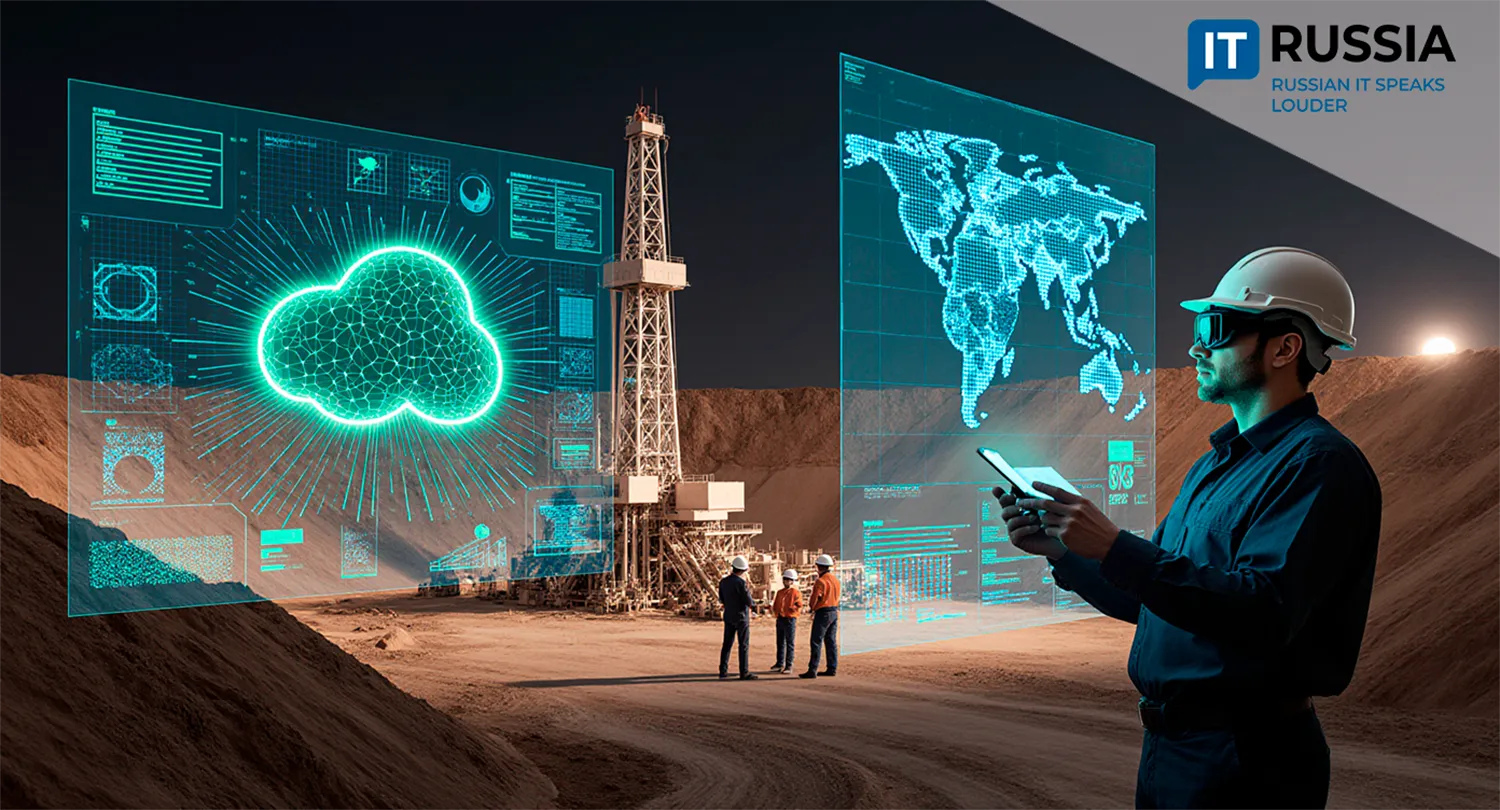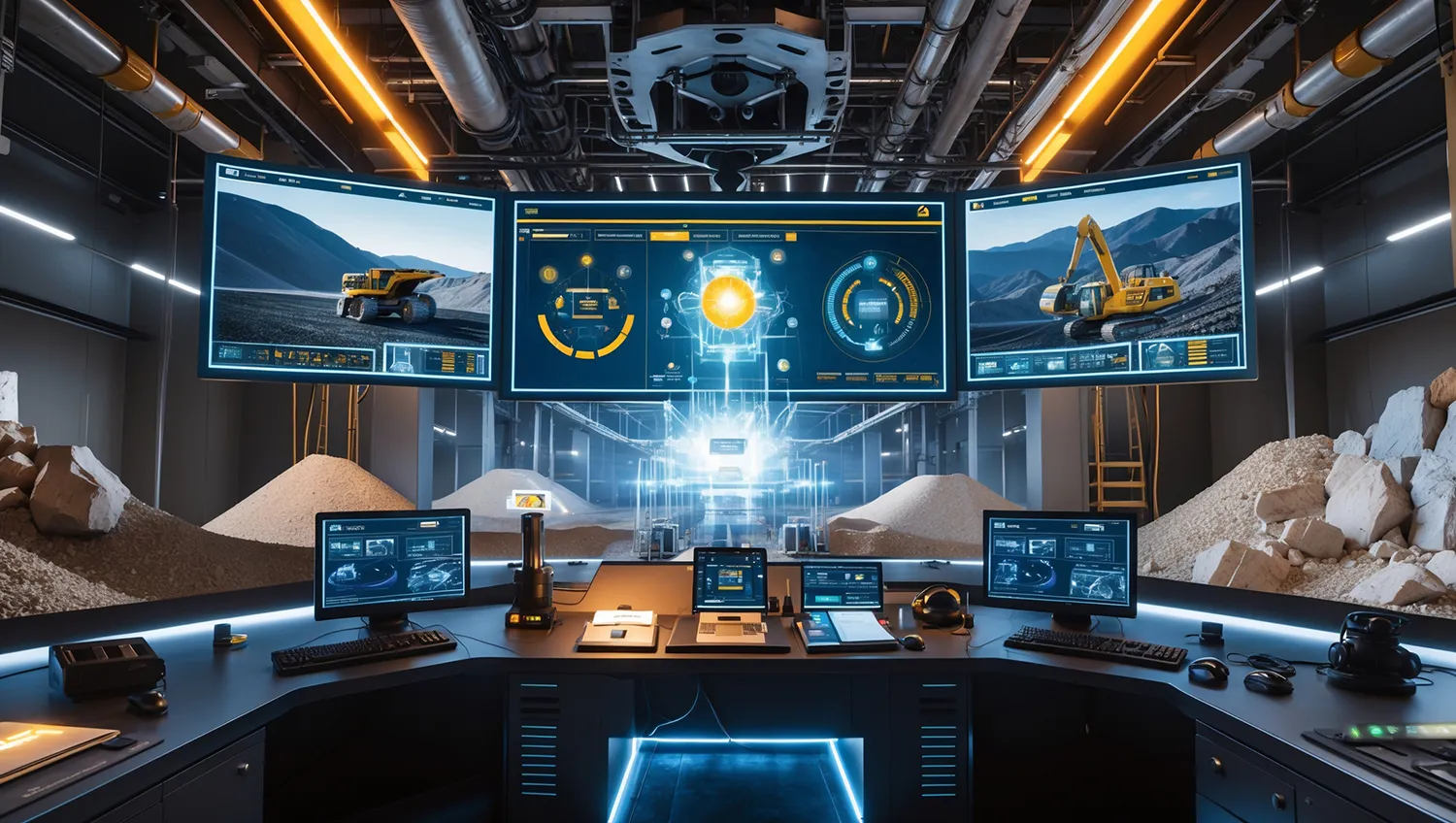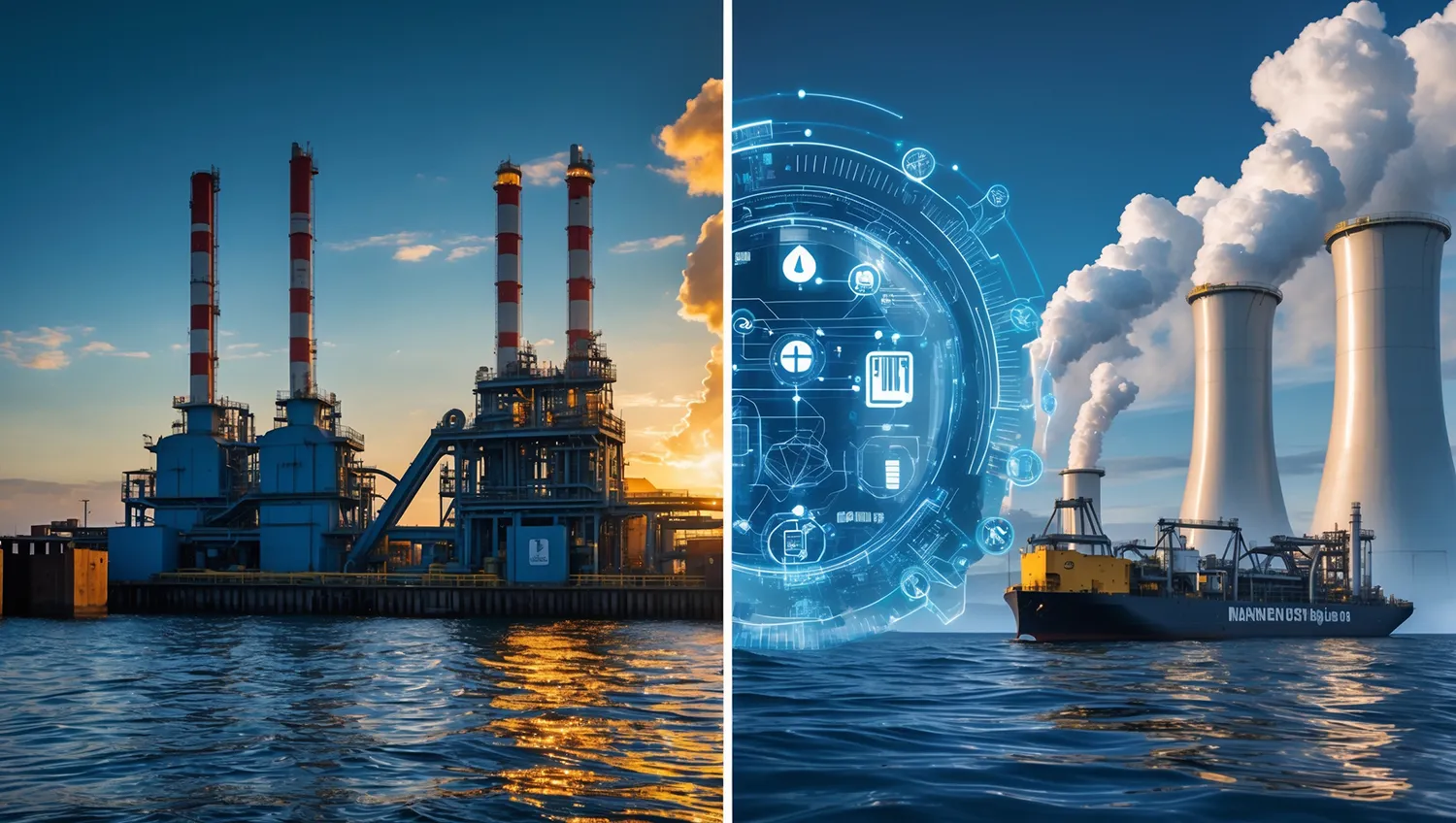AI Demands Higher Knowledge Intensity
According to an analytical report by the Center for Social Design “Platform” and the Artificial Intelligence Research Institute (AIRI), AI is poised to radically transform traditional processes in exploration, mining, and logistics. But systemic adoption faces major barriers: restricted access to industrial data, weak integration between science and business, and a sharp shortage of skilled personnel.

Reload the Industry!
The mining and energy sectors have historically been the backbone of Russia’s economy, contributing a significant share of GDP and government revenue. Yet under global transformation and increasing demands for efficiency and sustainability, competitiveness is impossible without a technological reboot. AI has emerged as a key driver of this transformation. Its shift from fragmented automation to comprehensive deployment will define the sector’s future and requires nothing less than full mobilization.
At the threshold of a new industrial revolution, digitalization has run into limits rooted in human factors, corporate secrecy, and entrenched industry structures.
Potential—But Not Fully Realized
Once, science debated the human brain’s potential and concluded it used only 10% of its capacity. Today, the same question could be asked about artificial intelligence. The answers appear just as disappointing.

Most Russian companies, when solving technological challenges, rely not on external software developers but on their own in-house specialists. The reason is straightforward yet weighty: fear of entrusting intellectual property to outsiders and exposing sensitive data.
As a result, AI—even with its vast potential—is often used only for the simplest, even primitive tasks: document processing, procurement orders, contract management. Rarely are advanced tools like analytics and robotics implemented, as these require specialized expertise.
Experts warn that AI’s application in the industry has turned out to be broad but shallow.
An Urgent Change of Format
The conclusion is clear: the concept must change immediately. Closed developer teams cannot achieve what integrated collaboration could deliver.

Building open-access Big Data is now as vital a challenge as training engineers on real-world cases, making university education more accessible, and ensuring the free circulation of ideas in business.
In this context, government involvement as a regulator is not only desirable but necessary.
Perhaps competition itself, once the central thesis of business, needs to be rethought under sanctions pressure and the pursuit of technological sovereignty. A cultural shift in cooperation between science, industry, and the state is required—only then can isolated pilot projects become part of broader changes shaping the knowledge-driven industry of the future.
With Optimism and Lessons from Global Leaders
Even today, AI adoption is yielding tangible results in pilot projects led by major companies.
In exploration, machine learning algorithms analyze satellite imagery, seismic data, and geological models, dramatically accelerating the search and assessment of new deposits. In 2023, Gazprom Neft successfully implemented AI systems to analyze exploration data and optimize drilling.

Computer vision and predictive analytics are tackling industrial safety, enabling real-time monitoring of mines, open pits, and equipment to reduce risks of accidents and fatalities. A notable case is Norilsk Nickel’s testing of predictive maintenance systems.
Russian companies are also learning from and advancing global best practices. Industry giants such as Saudi Aramco and Australia’s BHP have been using AI for years to optimize extraction and ore analysis, showing consistent gains in operational efficiency. AI is no longer a niche innovation but an industry standard.










































